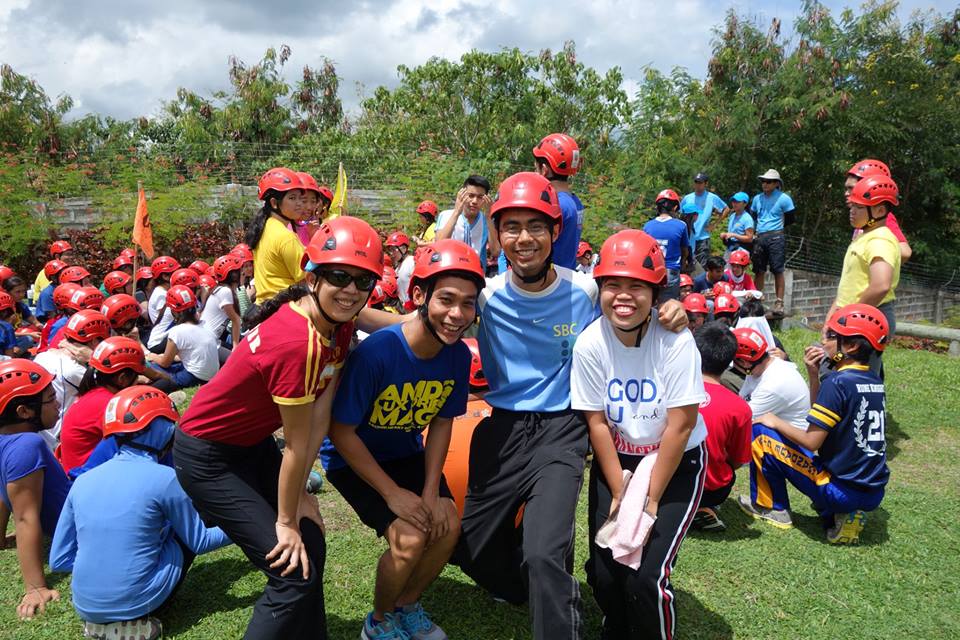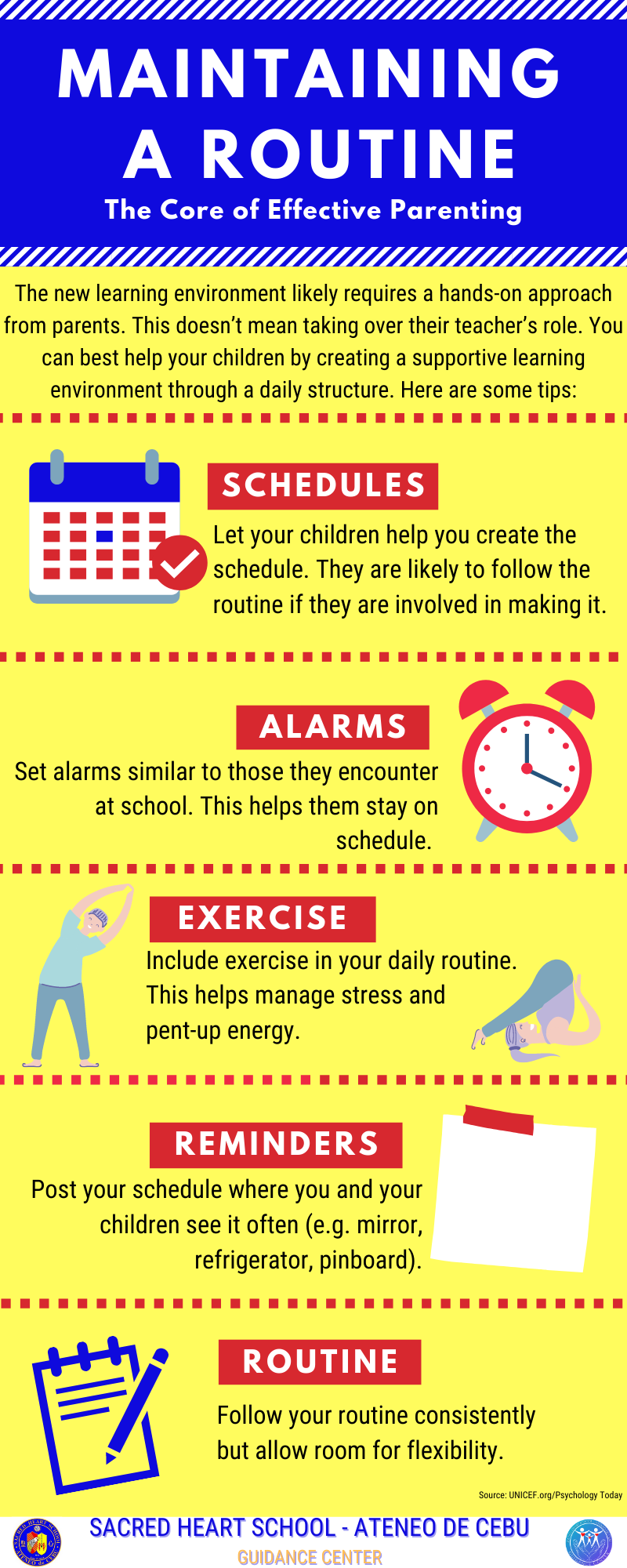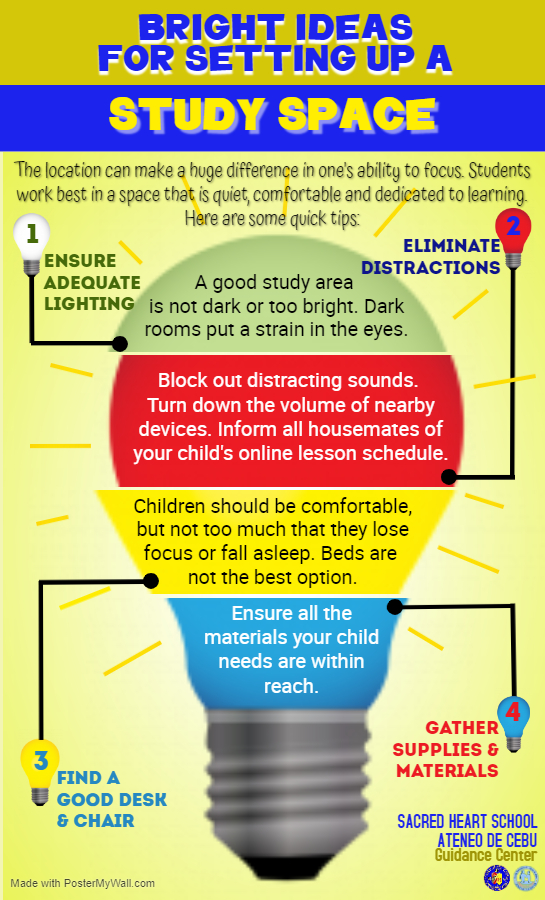I am, by far, the least fit person I know. If I ever landed on the Survivor television series, I’d probably vote myself off first. And no, I’m not saying that to get people to encourage me or refute my statement to make myself feel better. I know what I’m capable of. But last week, I found myself unable to back out of a challenge because I had to chaperone my students to an adventure camp.
For three days and two nights, my students and I stayed at Ramon Aboitiz Foundation, Inc.’s Kool Adventure Camp Site in Balamban. For a moment, I relished the feeling of being outdoors, away from my work desk, the piles of test papers to check, the daily commute, the humdrum of ordinary life. And the moment vanished as I realized I was also away from network signals, wi-fi and cable TV. But I held my anxieties and fears in and bit my lip to keep myself from whining. I said a prayer and made a conscious effort to open myself up to the experience.
And what an experience it was! I marveled at how my body responded to the physical challenges. I didn’t sail through them, but I didn’t fall apart either. My body, it seemed, was much tougher than I gave it credit for. Despite a few sore muscles and minor bruises, I pulled through.
There is definitely something to be said for putting myself out of my physical comfort zone. It reminds me to be grateful for the things I often take for granted – the comfortable bed, the hot shower, the relative ease with which I move about where I live and work. And all those things are comforts that I could definitely live without. But I’d forgotten that I could. I’d forgotten that a little inconvenience is not the life-threatening, anxiety-inducing experience I often think it is.
And then there was the psychological discomfort. I’m afraid of heights. Or as some wisecracking memes would say: “People aren’t really afraid of heights. They’re afraid of falling.” Well, whatever the case is, I’m afraid. Not enough to get panic attacks but enough never to go on roller coaster rides, never to look over the edge of the balcony of a high building, enough to get sweaty palms when I climb short ladders, enough to get butterflies in my stomach when I get on see-through elevators.
And yet I found myself climbing what seemed to be a 50-foot pole (in reality it was probably only 20 feet), one shaky step at a time. Trained by my instructor and encouraged by my team, I went through high ropes courses and surprised myself by not quitting. I realized then that just as my body was tougher than I gave it credit for, so was my mind. The fear of falling was real, and I felt it, but I went through it anyway. And now I know, I’m not a quitter.
But perhaps the biggest part of my challenge was to go through all the challenges knowing that my students were watching me. As a teacher, I’m used to taking control. I’m used to determining what level of comfort or discomfort I allow my kids to see in me. They always see me at my best. That’s how we’re trained.
But in the camp, I was a participant just like the kids. I had no mask to hide my discomfort and my fear behind. They saw me in a way that they would never have seen in the classroom. And that was perhaps the biggest discomfort of all. I was not used to being vulnerable in front of my students. And it was a truly humbling experience for me to show them that half the time I didn’t know what I was doing. And this was a very conscious effort on my part.
You see, a few months ago, I’d attended a teacher’s conference. Among the many insights I got from the keynote speaker was his challenge to all teachers. We teach kids how to succeed, he said. We don’t teach them how to fail and that’s why some of them never recover from getting a bad grade or having their hearts broken. Because they never learned how. All the adults in their life ever showed them was how to succeed.
At the camp, I completed one ropes course but didn’t complete another. I tried but I just couldn’t. And as I climbed down the pole, I heard the students say to one another, “That really was difficult.” There was no laughter, no recrimination. They all seemed very sensitive to my feelings – which were, by the way, completely unaffected. Apparently, I had learned to fail fairly well at this point in my life. And although I tried to analyze aloud how I could have done it better, I tried not to offer excuses. It was just one of those things.
I guess I must have done the right thing because at the end of the three days, I got notes from three different kids who appreciated what I did. My favorite would have to be from one kid who wrote, “You’re a great leader, showing us how even teachers get scared at times. For me, that’s just the best way for us students to understand.”
The whole concept of adventure education rests on the premise that lifelong learning happens when we venture outside our comfort zone. And the whole concept of teaching rests on the premise that teachers never stop learning. I am definitely looking forward to my next adventure.
RAFI has a whole host of programs for young people and professionals alike. If you wish to know more you can visit their website at www.rafi.org.ph
News article from philstar.com – TACKED THOUGHTS By Nancy Unchuan Toledo (The Freeman) | Updated September 7, 2014 – 12:00am
[moodthingy]
 The school offers not only excellent education but also forms servant leaders for the greater glory of God.
The school offers not only excellent education but also forms servant leaders for the greater glory of God.  Jesuit education promotes the holistic growth of an individual. The student is given experiences and opportunities that develop his spiritual, moral, psychological, social and intellectual development. Through these experiences, he learns to find God in all things. His education, gifts and talents are always directed towards the service of God and others and in this way he can become a person of excellence, leadership and service.
Jesuit education promotes the holistic growth of an individual. The student is given experiences and opportunities that develop his spiritual, moral, psychological, social and intellectual development. Through these experiences, he learns to find God in all things. His education, gifts and talents are always directed towards the service of God and others and in this way he can become a person of excellence, leadership and service.




